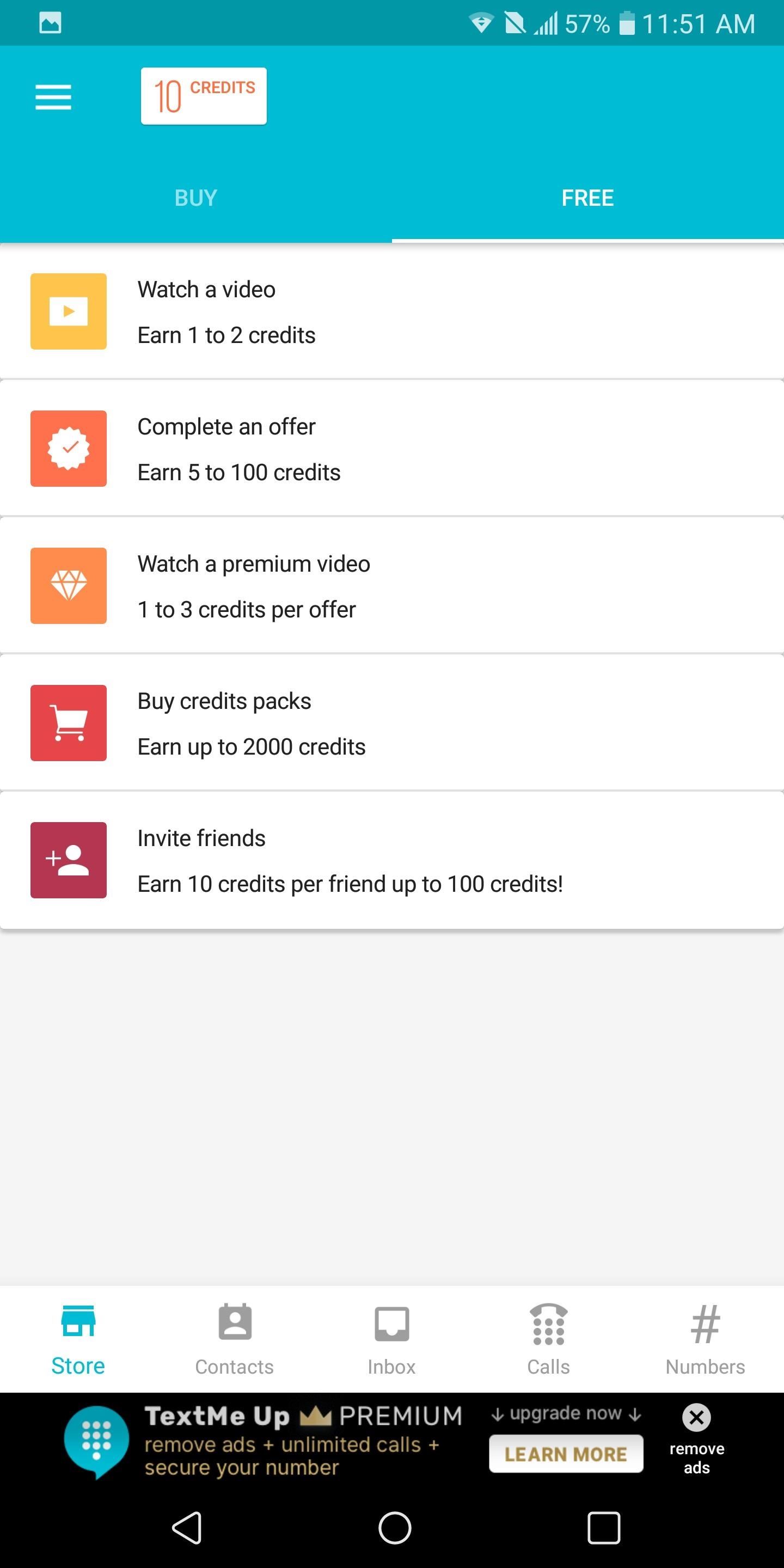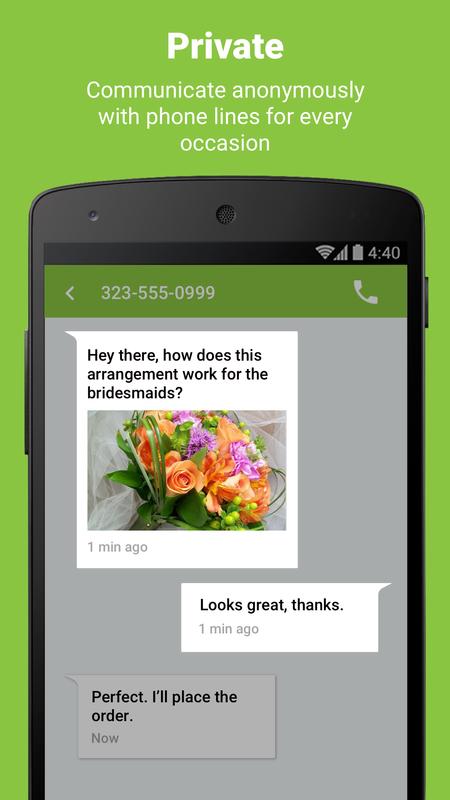


Prior versions could make calls and send text messages, but not handle multimedia messages. On Thursday the company is adding a few new tricks, most notably the ability to send picture and video messages. “We are in the top couple hundred of all grossing apps,” CEO Greg Cohn told Re/code. The app is free to download, but customers pay for more than a minimal amount of use or for more than one burner number.Īnd it’s built a pretty good business, with Burner frequently ranking near the top of the best-grossing apps in the utilities section of Apple’s App Store.Īd Hoc won’t say how much that means in annual revenue, but the company did say it is approaching a million downloads for its flagship app. So one startup has built its business around letting people use their cellphone with multiple “burner” phone numbers.Īd Hoc labs, a nine-person, Los Angeles-based startup, created Burner, an iOS and Android app that lets people get one or more temporary numbers. There are all kinds of reasons people don’t want to give out their number, in part accounting for the popularity of cheap cellphones, often called “burners.”īut it’s not really the cellphone most people want to replace. The app has been downloaded 840,000 times since its launch last November, with more than 70,000 venues participating in the scheme, the government said this week.Despite what you might think from watching “Law and Order,” it’s not only crooks who want disposable phone numbers. The most popular phone was the Samsung Galaxy J5, released in 2015, now selling for as little as HK$300 ($38.70). "I have had to tell them the phone needs to be at least on Android 8 (for the app) to run."

"I have seen a lot more people asking about and buying older phones over Chinese New Year," said Andy Kwok of Ah Ling Telecommunications. Other vendors reported a three- or four-fold increase in sales of cheap phones. "People are just looking for a cheap smartphone that can run the LeaveHomeSafe app,” said Wong, a vendor at Phone House, who said she sold 50 phones in the past week, compared with the usual 10 or so per week previously. In the working class neighbourhood of Sham Shui Po, a Mecca for cheap electronics, more than a dozen vendors told Reuters they have seen a spike in demand for old smartphones since last week, when the government announced plans to ease restrictions. Restaurants and other venues just reopening, such as gyms or beauty salons, are required to write down customers' details or ask them to scan a QR code with the LeaveHomeSafe app, which authorities use for contact tracing.Ĭivil servants have been asked to scan the code before entering and leaving government offices. Hong Kong on Thursday lifted limits on how many people could sit together in restaurants to four from two and the cut-off time for dining to 10pm from 6pm. "I'm buying a burner phone because the government clearly doesn't trust Hong Kong people, so why would I trust them?" said Vincent, 28, an accountant who gave only his first name because of the sensitivity of the issue.Ĭontact-tracing apps have sparked similar privacy and trust issues around the world, from Singapore to the United States. The app notifies users if they had been in the same place with a person confirmed with COVID-19. Health Secretary Sophia Chan said the app poses no privacy risks as it only stores data on users' phones and no third party collects it. Register now for FREE unlimited access to Register


 0 kommentar(er)
0 kommentar(er)
